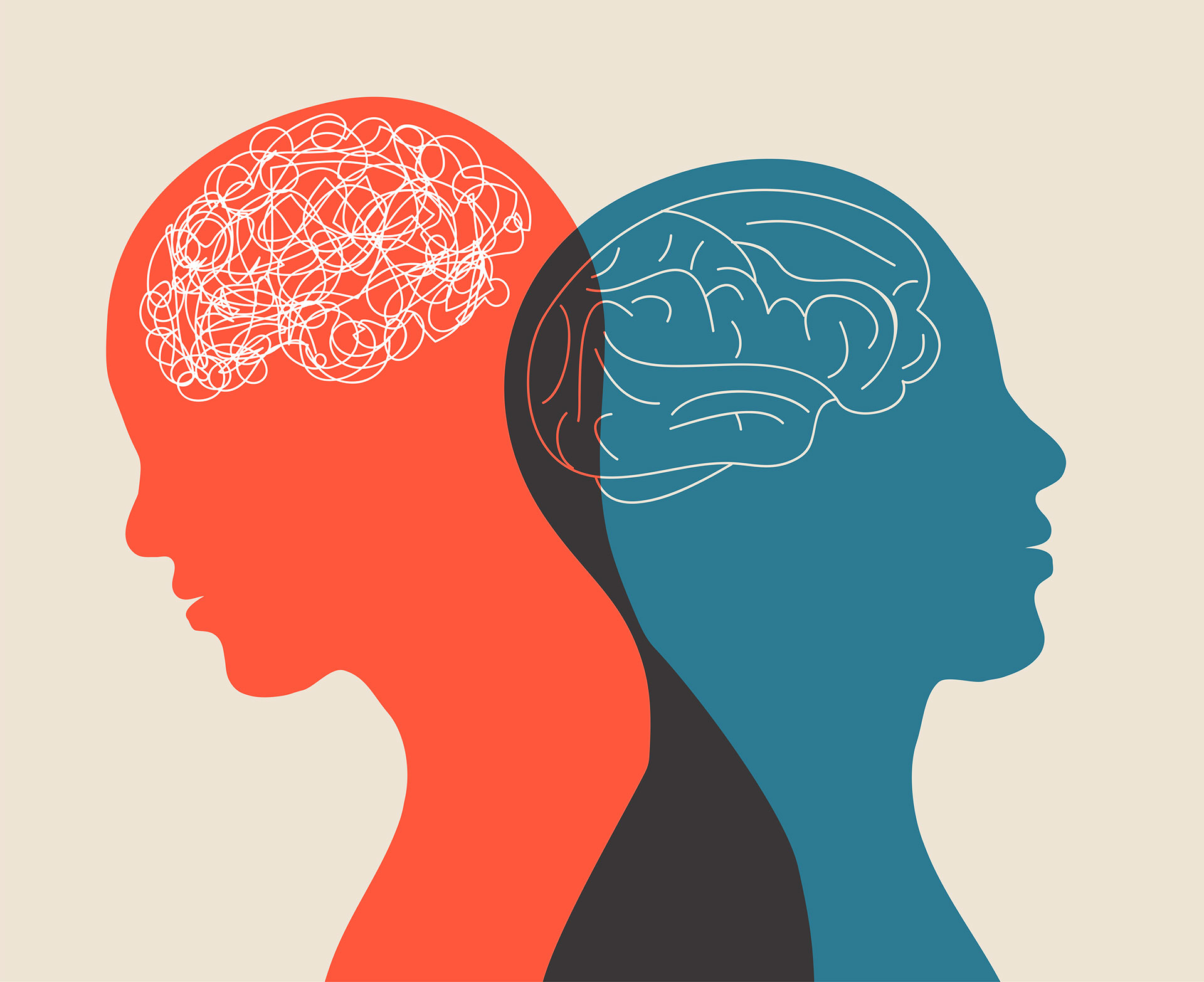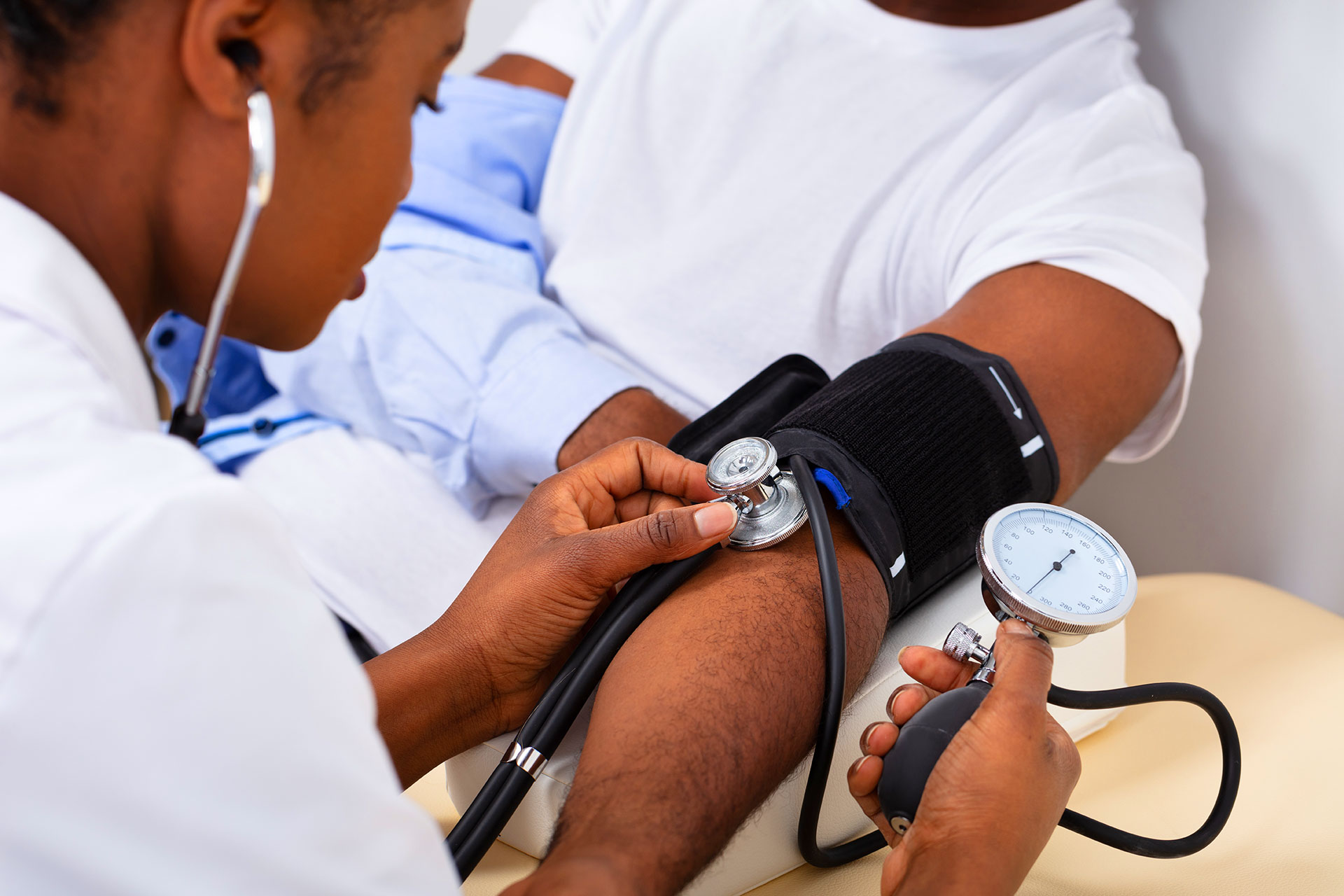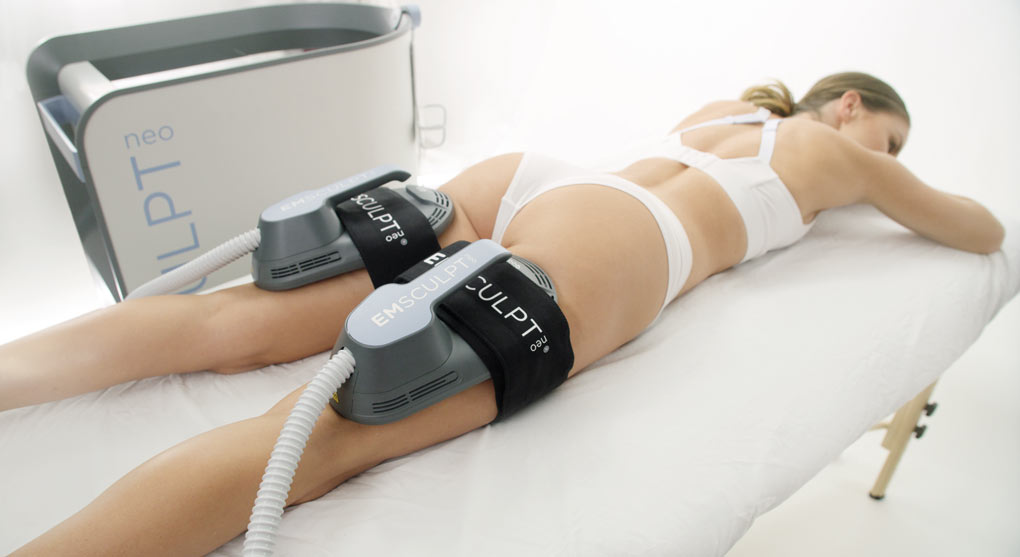Imagine a future where your smartphone, a device already by your side for most of the day, could offer valuable insights into your mental well-being without you ever having to type a word. A groundbreaking study published in JAMA Network Open suggests this future might be closer than we think. Researchers have found that passive …
Imagine a future where your smartphone, a device already by your side for most of the day, could offer valuable insights into your mental well-being without you ever having to type a word. A groundbreaking study published in JAMA Network Open suggests this future might be closer than we think. Researchers have found that passive data collected from smartphone sensors can reveal meaningful connections to various forms of psychopathology, paving the way for revolutionary new approaches to mental health monitoring and research.
The Power of Passive Sensing
Traditionally, understanding and diagnosing mental health conditions relies heavily on self-reported symptoms, clinical interviews, and questionnaires. While essential, these methods can be limited by recall bias, the stigma associated with discussing mental health, and the infrequency of clinical visits. This is where passive smartphone sensing comes in.
Your smartphone is equipped with a suite of sensors – from GPS and accelerometers to information about your calls and screen usage – that continuously collect data about your daily behaviors. This data is collected unobtrusively, meaning it gathers information in the background without you actively having to input anything. The recent study, involving 557 adults whose smartphone data was collected over 15 days, aimed to explore how these subtle behavioral patterns correlate with different mental health challenges.
Connecting Behavior to Well-being
Instead of focusing on traditional diagnostic categories, which can be broad and overlapping, the researchers in this study looked at “transdiagnostic” psychopathology domains. These are broader dimensions of mental health challenges that cut across different diagnoses, such as:
- Internalizing: Related to anxiety, depression, and stress.
- Detachment: Characterized by social withdrawal and a lack of connection.
- Disinhibition: Involving impulsivity and difficulty with self-control.
- Antagonism: Marked by aggression, manipulativeness, and hostility.
- Thought Disorder: Associated with disorganized thinking and unusual beliefs.
- Somatoform: Involving physical symptoms that don’t have a clear medical explanation but are linked to psychological factors.
The study found significant associations between these psychopathology domains and specific behaviors detected by smartphone sensors. For instance, detachment showed a strong correlation with sensed behaviors, as did somatoform and internalizing domains. This suggests that changes in daily routines, social interactions, and activity levels – all detectable by your phone – can be subtle indicators of underlying mental health struggles.
The “p-factor” and General Impairment
The researchers also investigated what’s known as the “p-factor,” a concept representing a general factor of psychopathology or overall psychological impairment. Think of it as a common thread running through various mental health conditions. The study identified specific smartphone-sensed behaviors associated with the p-factor, including:
- Lower mobility: Spending less time moving around.
- More time at home: An increase in time spent in a single location.
- Later bedtime: Shifts in sleep patterns.
- Less phone charge: Potentially indicating changes in daily routines and engagement with technology.
These findings are crucial because they suggest that your smartphone could potentially identify a general level of psychological distress, not just specific conditions.
What Does This Mean for You?
This research represents a significant step forward in our understanding of mental health and how technology can play a role in its management. While it’s important to remember that this is a cross-sectional study and more research is needed, the implications are exciting:
- Earlier Detection: Imagine a future where subtle changes in your smartphone data could alert you, or your doctor, to potential mental health challenges before they become severe.
- Personalized Monitoring: Your phone could provide continuous, personalized insights into your well-being, allowing for more precise and timely interventions.
- Enhanced Research: Researchers can gain a deeper, more objective understanding of how different mental health conditions manifest in daily life, leading to more targeted and effective treatments.
It’s important to clarify that this technology is not intended to replace professional mental health care but rather to supplement it, providing clinicians with richer, real-time data to inform their decisions.
The Road Ahead
This study highlights the immense potential of passive smartphone sensing to transform mental health care. As technology continues to advance, and as researchers delve deeper into these connections, we can look forward to a future where our everyday devices become powerful allies in promoting mental well-being for everyone.
What are your thoughts on using everyday technology to better understand our mental health?
Ringwald WR, King G, Vize CE, Wright AGC. Passive Smartphone Sensors for Detecting Psychopathology. JAMA Netw Open. 2025;8(7):e2519047. doi:10.1001/jamanetworkopen.2025.19047








